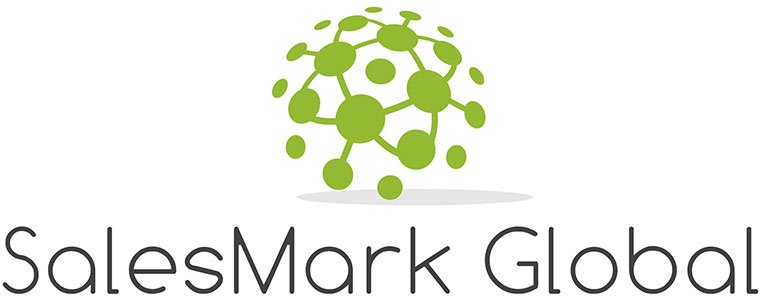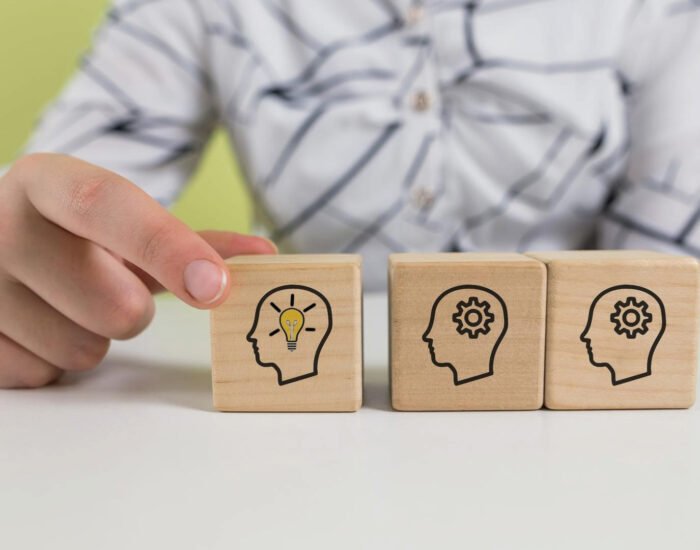Discover how machine learning marketing tools are transforming B2B marketing in APAC, driving smarter strategies and measurable results.
The rapid advancements in artificial intelligence (AI) and machine learning (ML) have transformed industries globally, and marketing is no exception.
In 2025, ML marketing tools have proven to be invaluable for B2B companies looking to optimize their strategies, improve customer engagement, and increase ROI.
In the APAC region, where digital transformation is accelerating, businesses are leveraging ML to harness vast amounts of data and deliver personalized experiences at scale.
As per an International Data Corporation (IDC) report, the APAC market for AI systems, including ML-driven marketing tools, is expected to reach $25 billion by 2025. This adoption of ML tools reflects the region’s commitment to innovation and data-driven decision-making.
In today’s SalesmarkGlobal article, we will explore the applications, real-world examples, and prospects of machine learning in marketing, with a focus on the APAC region.
Table of Contents
1. How Can Machine Learning Be Used in B2B Marketing?
1.1. Personalized Customer Experiences
1.2. Predictive Analytics for Better Decision-Making
1.3. Optimized Ad Targeting
1.4. Chatbots and Customer Service Automation
1.5. Content Creation and Optimization
2. Top Five Applications of Machine Learning in Marketing
2.1. Customer Segmentation
2.2. Dynamic Pricing Strategies
2.3. Improved Customer Retention
2.4. Enhanced Email Marketing Campaigns
2.5. Social Media Monitoring and Sentiment Analysis
Conclusion
1. How Can Machine Learning Be Used in B2B Marketing?
ML offers a wide range of possibilities that can change marketing strategies. Analyzing large datasets, identifying patterns, and making predictions enables you to make informed decisions, reduce costs, and improve customer satisfaction.
Below are the key ways ML can be utilized in B2B marketing:
1.1. Personalized Customer Experiences
One of the most important applications of ML in B2B marketing is delivering a personalized customer experience (CX) by analyzing data from various touchpoints, such as browsing history, purchase behavior, and social media interactions. These ML algorithms can predict customer preferences just like Netflix uses ML to recommend movies and TV shows based on user’s viewing history, which has significantly improved user engagement.
1.2. Predictive Analytics for Better Decision-Making
Predictive analytics powered by ML helps you predict future trends and customer behaviors in the APAC region to optimize inventory management and prevent stockouts, enhancing customer satisfaction. You can get more information by analyzing historical data with the help of ML tools such as Microsoft Azure Machine Learning, Tableau, and Google Analytics 360 and forecast product demand, customer churn, and campaign performance.
1.3. Optimized Ad Targeting
ML enables precise ad targeting by analyzing user demographics, interests, and online behavior. You can also implement platforms such as Google Ads and Facebook Ads to leverage ML algorithms to identify the right audience for specific campaigns, ensuring higher conversion rates. For instance, Alibaba, one of the most famous APAC-based retail companies, uses ML to target ads to users in specific locations during peak shopping seasons.
1.4. Chatbots and Customer Service Automation
AI-powered chatbots are ML-driven AI-powered chatbots that are driven by ML and are transforming customer services; these chatbots can understand and respond to customer queries in real time, providing instant assistance. In addition, they learn from each interaction, improving their responses over time. Similarly, Lazada, a leading e-commerce platform in Southeast Asia, uses chatbots to handle customer inquiries efficiently.
1.5. Content Creation and Optimization
ML tools such as Persado and Grammarly can assist you in generating and optimizing marketing content. These tools craft compelling ad copy, emails, and social media posts that resonate with target audiences. By analyzing audience preferences and engagement metrics, ML algorithms ensure that content aligns with customer expectations.
2. Top Five Applications of Machine Learning in Marketing
Machine learning has numerous applications in B2B marketing that can help you understand your customers better, make improved marketing strategies, and increase conversions.
Let’s take a look at the top five applications of ML in marketing, especially in the APAC region.
2.1. Customer Segmentation
For an effective marketing strategy, you need to focus on customer segmentation, and this is possible. You can use ML algorithms to analyze vast datasets to identify distinct customer groups based on demographics, purchasing habits, and preferences. This segmentation enables you to tailor their strategies to each group. A leading e-commerce platform, Shopee uses ML for customer segmentation. By analyzing user behavior on its platform, Shopee identifies specific customer personas, such as budget-conscious shoppers and premium buyers, allowing the company to deliver targeted promotions and recommendations.
2.2. Dynamic Pricing Strategies
ML can optimize pricing strategies by analyzing factors such as competitor prices, demand patterns, and customer willingness to pay. Therefore, dynamic pricing ensures that companies remain competitive while maximizing revenue. Likewise, Singapore Airlines employs ML to implement dynamic pricing for its tickets. The system adjusts prices in real-time based on factors like booking time, destination, and seat availability, helping the airline optimize revenue while offering competitive prices to customers.
2.3. Improved Customer Retention
ML can also identify early indications of customer churn by analyzing behavioral data and engagement patterns. You can then implement strategies to retain customers, such as offering personalized discounts or exclusive rewards. Indonesian e-commerce giant Tokopedia leverages ML to track customer engagement metrics and predict churn. The platform uses these insights to design loyalty programs and personalized offers, effectively retaining its customer base.
2.4. Enhanced Email Marketing Campaigns
ML algorithms can optimize email marketing by determining the best time to send emails, personalizing subject lines, and segmenting recipients based on their likelihood to engage. India’s Flipkart utilizes ML to improve its email marketing campaigns by analyzing customer data, further suggesting personalized product recommendations, and optimizing email delivery times, resulting in higher open and click-through rates.
2.5. Social Media Monitoring and Sentiment Analysis
ML tools can monitor social media platforms to analyze brand sentiment, identify trends, and measure campaign effectiveness. These insights help you adjust their strategies in real time. Unilever’s APAC division uses ML-driven sentiment analysis to track customer feedback on social media. By identifying positive and negative sentiments, the company can address concerns promptly and refine its marketing campaigns to align with customer expectations.
Conclusion
Machine learning marketing tools have proven to be game-changers, particularly in the APAC region, where businesses are leveraging these technologies to stay competitive in a rapidly evolving market.
As the region continues to embrace digital transformation and invest in AI technologies, the future of machine learning in marketing looks bright. B2B companies that adopt these tools will not only enhance their operational efficiency but also deliver exceptional value to their customers, securing long-term success.





